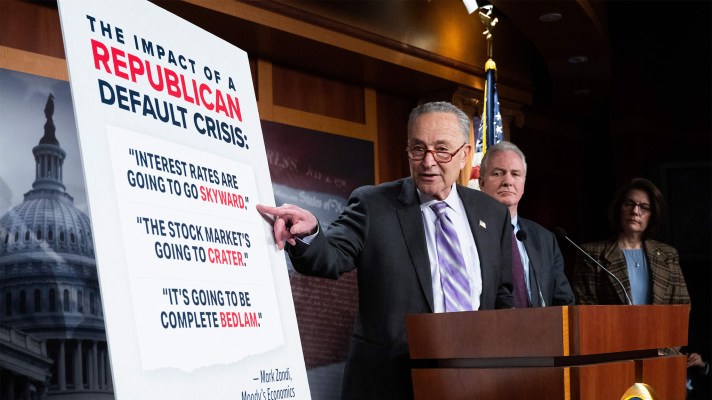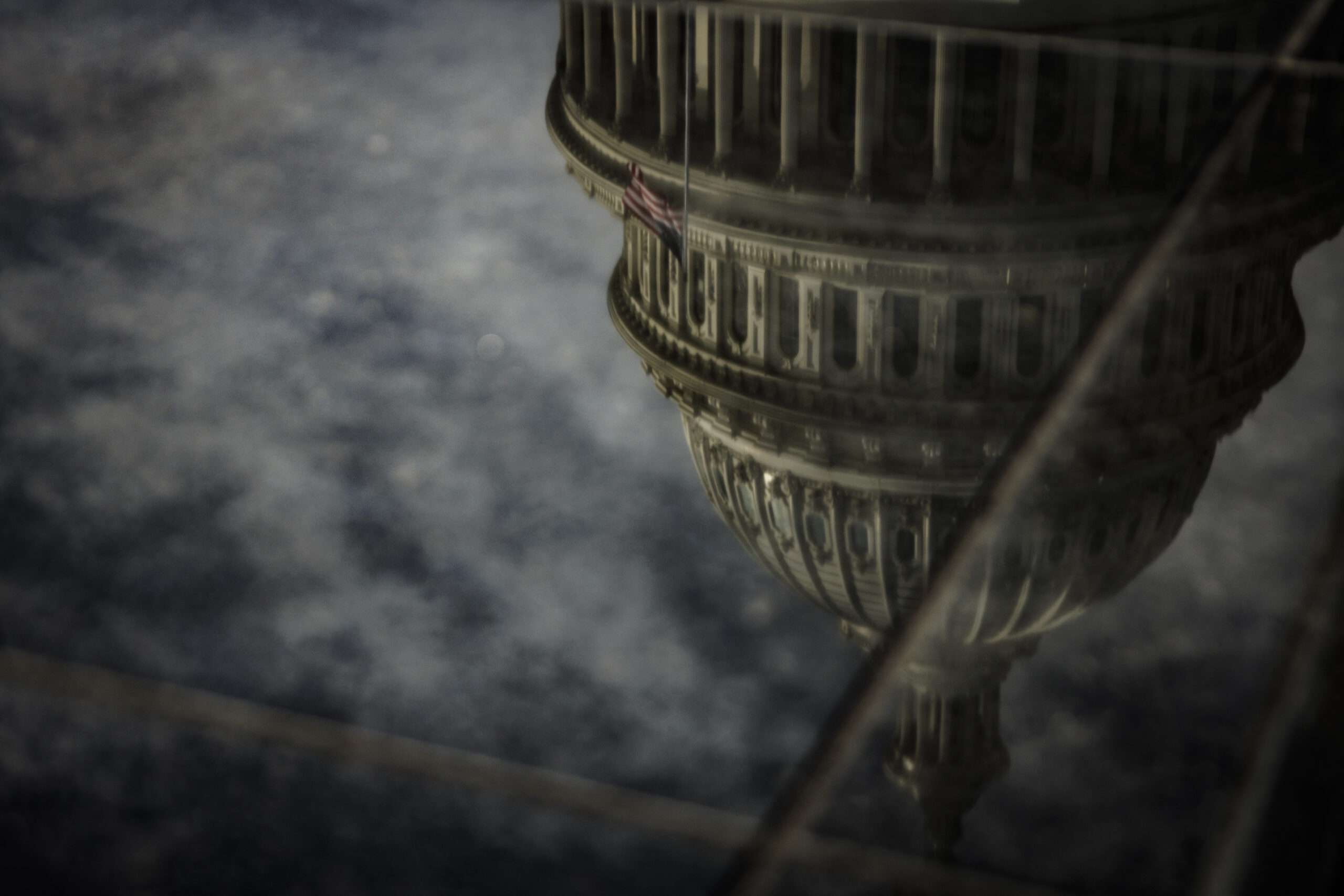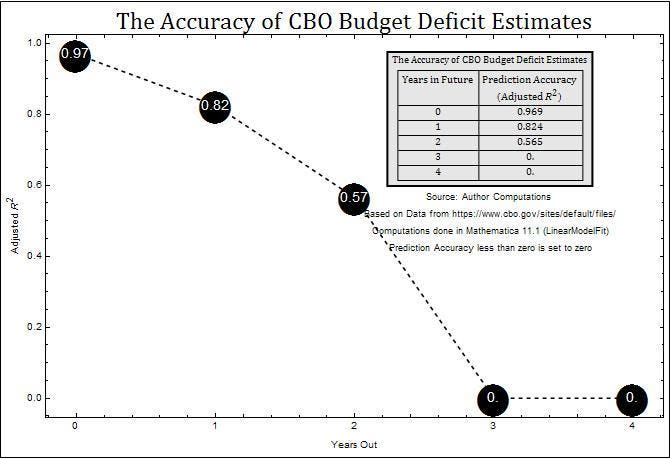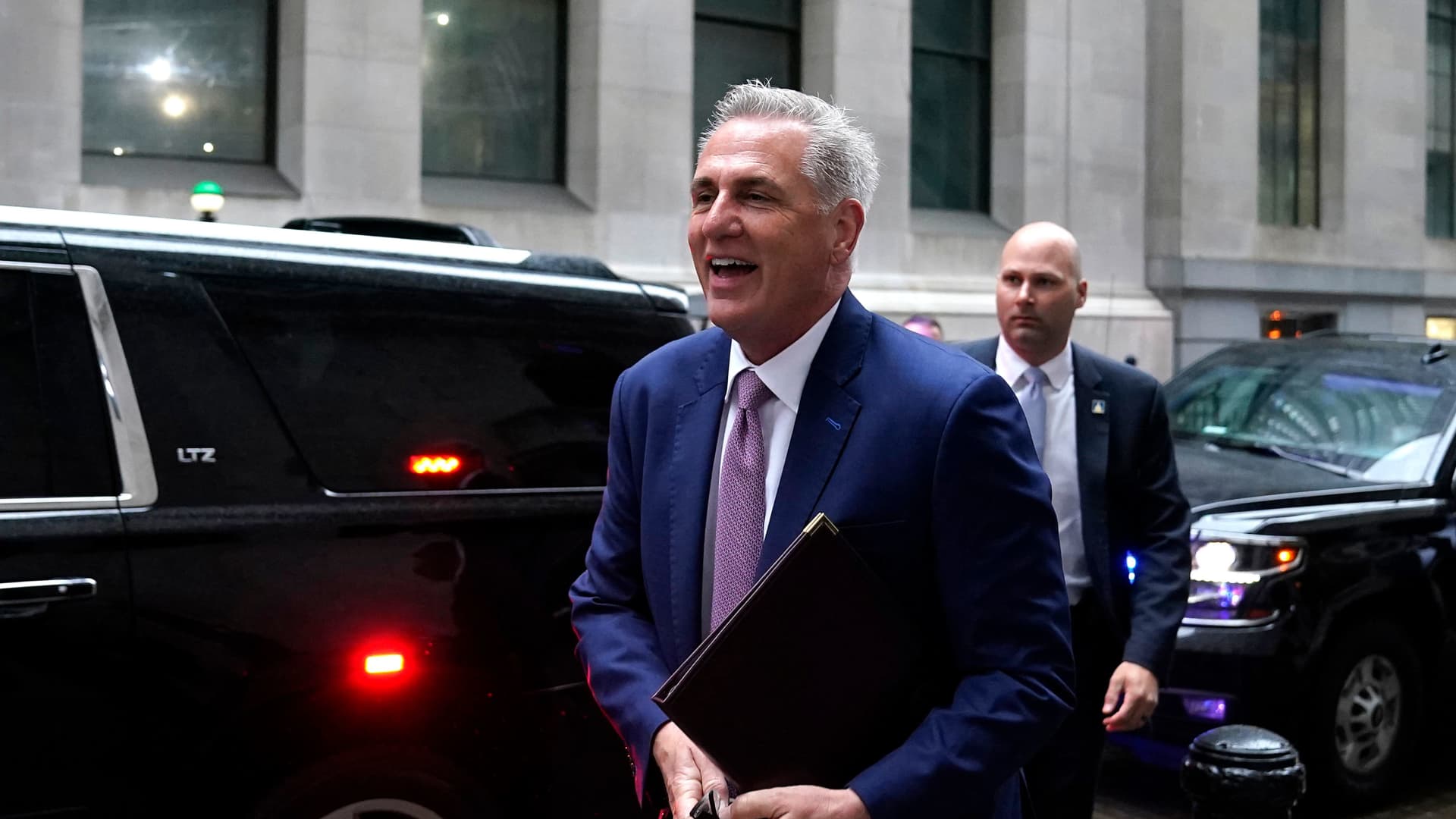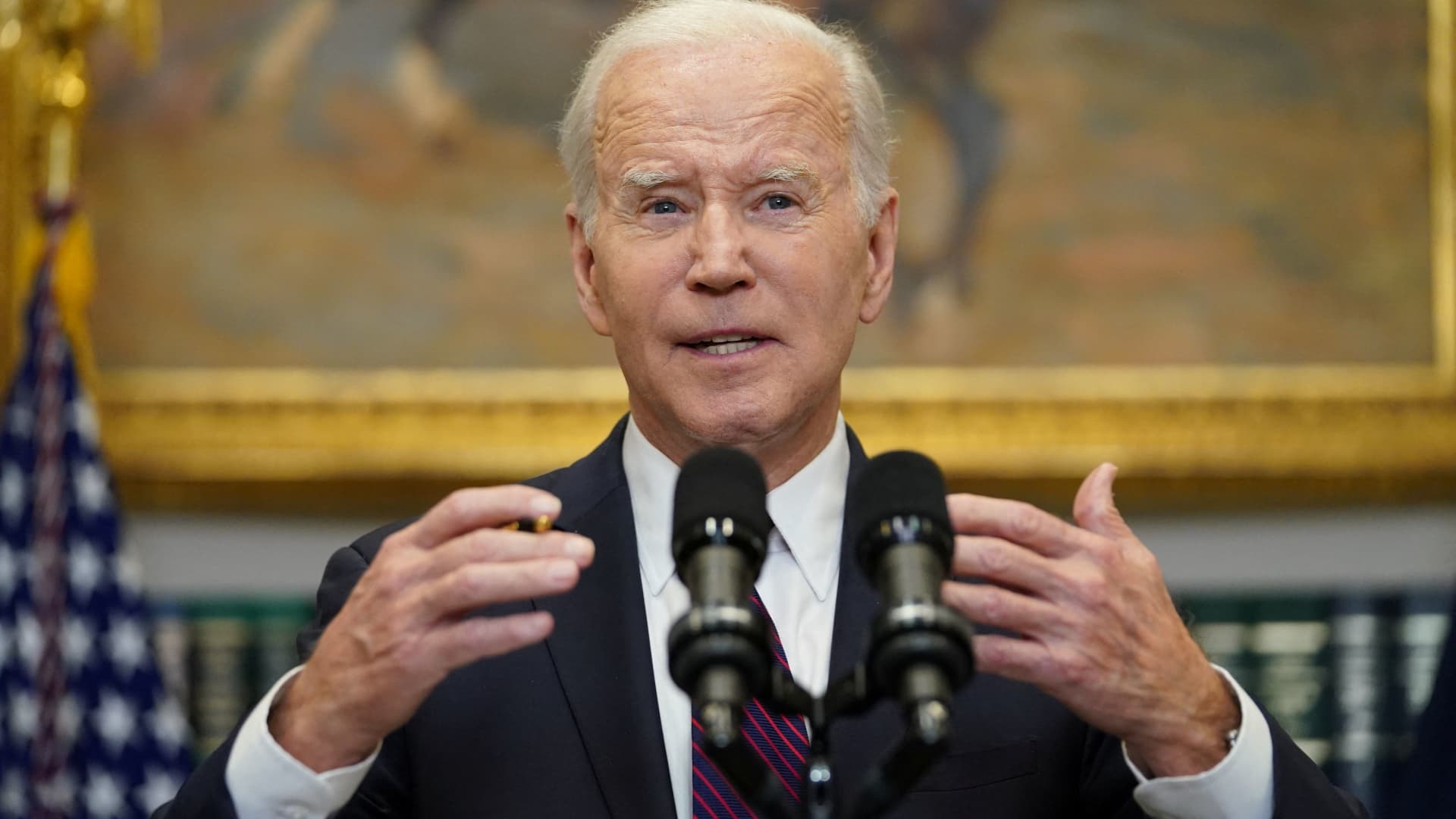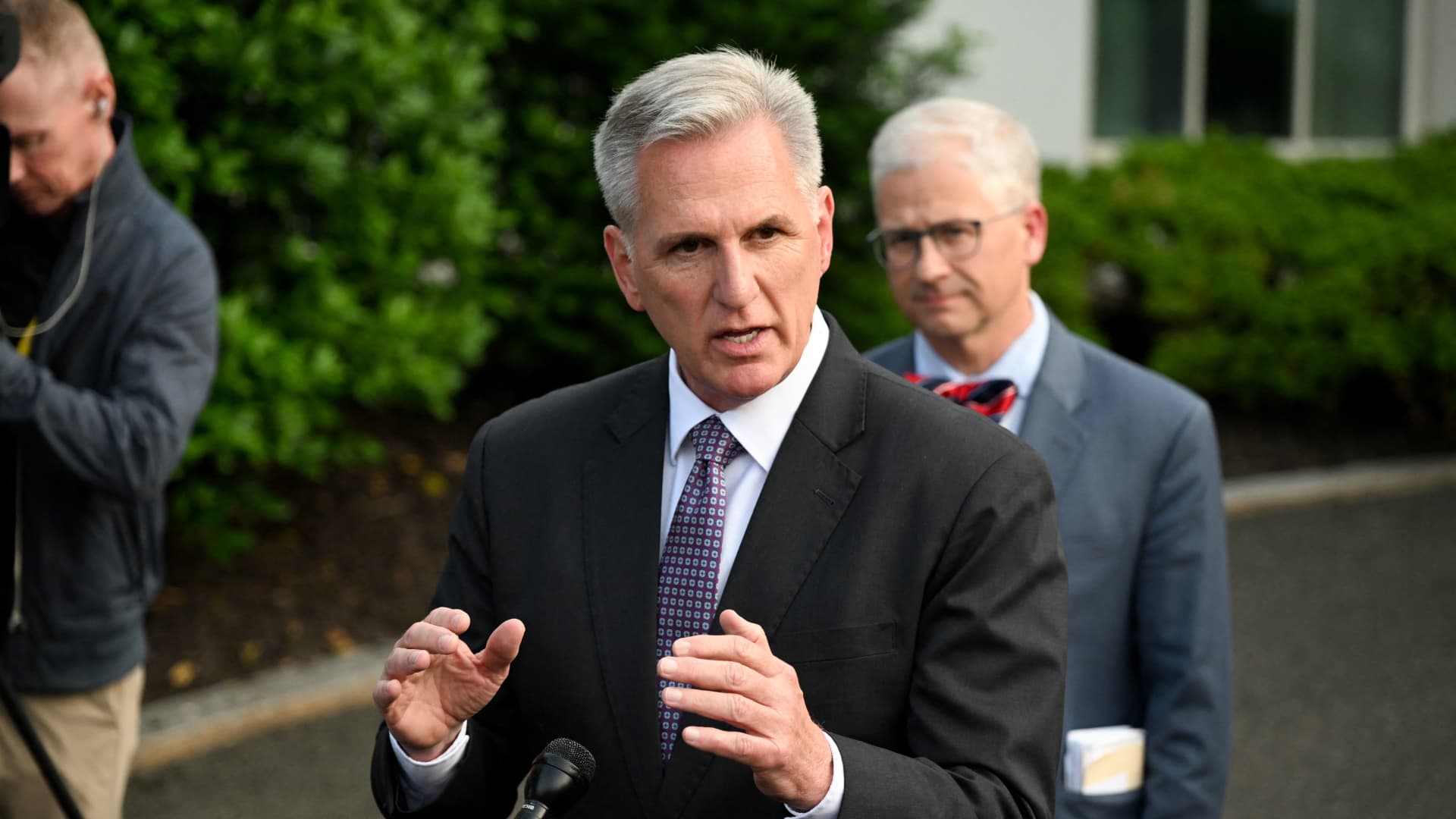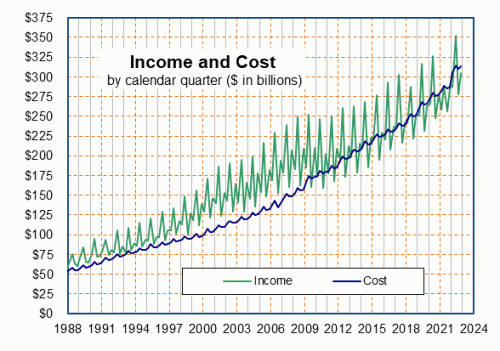Wrangling over the US's debt ceiling seem like fairly common occurrences in recent history. I think most people are desensitized to the political theater that accompanies it and just assume that Congress will end up raising the ceiling eventually. But what if they don't this time? The question is, have people been lulled into a false sense of security that the American political class (both Congress and POTUS) will act rationally? The markets certainly don't seem to be indicating any fear of a real risk right now. We still have several months of theater to go apparently.

With the debt ceiling uncertainty looming over the U.S., International Monetary Fund (IMF) managing director Kristalina Georgieva warned that a default in the U.S. would increase rates and harm American consumers.
"It will be very damaging for U.S. consumers if the U.S. defaults, that would push interest rates up," Georgieva said during an interview with CBS's 60 Minutes. "And if people don't like inflation today, they're not going to like at all what may happen tomorrow."
The alarm comes after the Treasury Department's message last month that the U.S. was bumping up against the current borrowing limit of $31.4 trillion. And if the debt ceiling is not raised, the federal government could run out of money to pay all its bills by June.
The Treasury Department already began some extraordinary measures to keep paying the government's bills in January, including suspending investments for selected government accounts.
On Monday, Yellen once again called on Congress to raise the U.S. debt limit, stating that failure to do so would trigger "an economic and financial catastrophe."
"While sometimes we've gone up to the wire, it's something that Congress has always recognized as their responsibility and needs to do again," Yellen told ABC's Good Morning America program.
In an attempt to resolve the issue, Republican U.S. House of Representatives Speaker Kevin McCarthy and President Joe Biden met last week. But the standoff continued as the two agreed to meet again.
Congressional Republicans signaled that they would like federal spending cuts in exchange for raising the limit.
However, a member of the White House's Council of Economic Advisers, Jared Bernstein, noted over the weekend that negotiations over raising the U.S. debt ceiling are an "absolute nonstarter" for President Joe Biden. He added that Biden would be willing to discuss spending with Republicans.
"The negotiation over the debt ceiling, over default, is an absolute nonstarter for this president," Bernstein told Fox News. "There is a separate set of discussions and negotiations over fiscal policy."
Federal Reserve Chair Jerome Powell said last week that no one should assume the U.S. central bank can protect the economy from default.
"No one should assume that the Fed can protect the economy from the consequences of failing to act in a timely manner," Powell said at a press conference after the Fed's latest policy meeting Wednesday. "There's only one way forward here, and that is for Congress to raise the debt ceiling so that the United States government can pay all of its obligations when due."
...
...
In an interview with CNN, Brian Moynihan, CEO of the second largest bank in the U.S., said that a default is an uncomfortable possibility.
"You hope it doesn't happen, but hope is not a strategy – so you prepare for it," he said in the interview.
...
Many analysts have noted that the growing risk of the U.S. government defaulting on its debt obligations will support gold's safe-haven appeal. ...

Gold market sees little reaction as Bank of America warns that it is preparing for a possible government default
(Kitco News) - The gold market, while off its recent lows, remains below $1,900 and is seeing little reaction to statements from Bank of America that it is preparing for the U.S. government to possibly default on its debt obligations.
www.kitco.com


